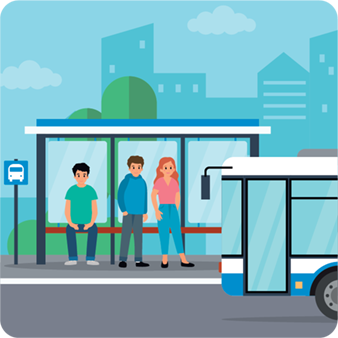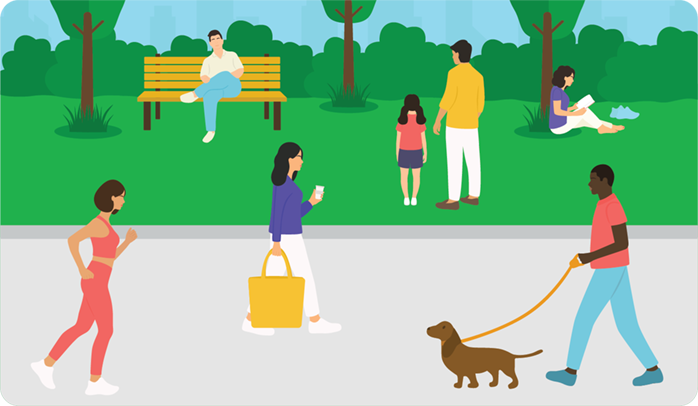Leaving school is a time of significant change that comes with important decisions, requiring a team approach that supports students as they continue to prepare for their future and explore options and opportunities in their community after graduation.
The School Leavers Program will welcome its first participants in Fall 2025, with a focus on Grade 12 students. Through the Program, students are paired with a community-based planner called a Local Area Coordinator (LAC) who will work with them, their family, their Student Planning Team, and the community to support their Transition Plan. Transition planning for life after school is an important part of a student’s Individual Program Plan (IPP) developed by the Student Planning Team.
The School Leavers Program was developed in partnership between the Department of Education and Early Childhood Development (EECD) and the Disability Support Program (DSP), Department of Opportunities and Social Development (OSD; formerly Department of Community Services).




